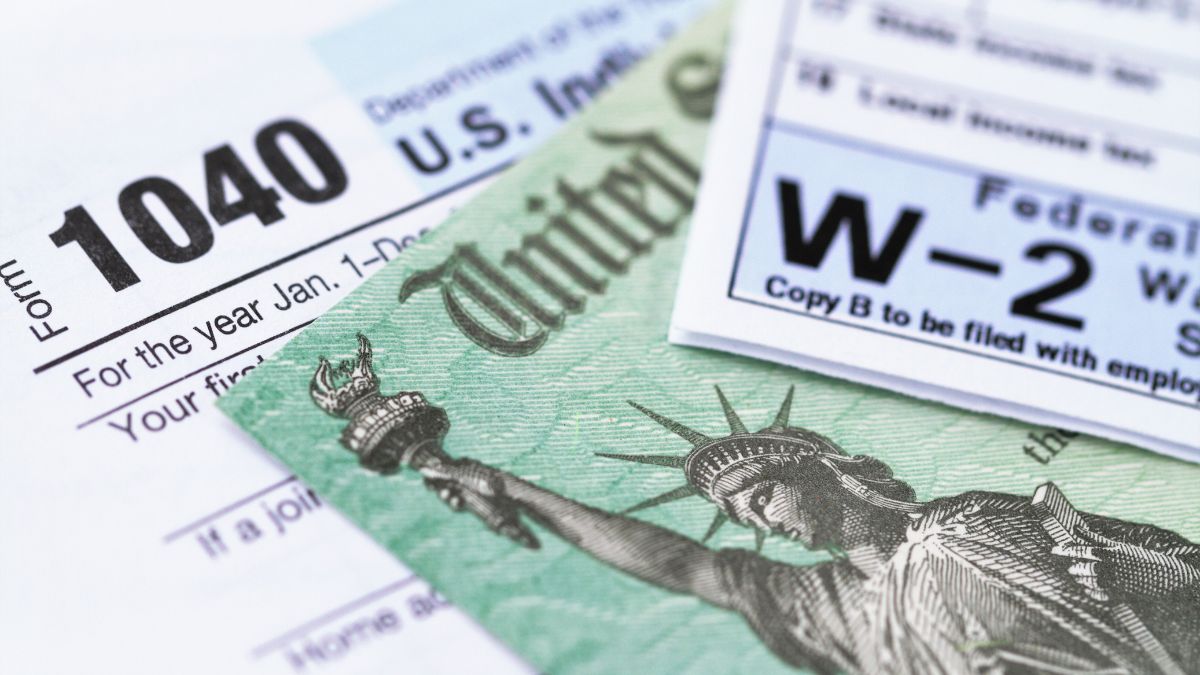What UK Expats Get Wrong About Taxes in the United States
Relocating to the United States comes with a long list of financial adjustments. One of the most common areas where UK expats run into trouble is understanding how taxes work on both sides of the Atlantic. Missteps are easy to make and often expensive to fix. If you are a UK citizen living in the US, here are some of the most common misconceptions we see.
You might still owe tax in both countries
Many expats assume that moving to the US means they no longer need to think about UK taxes. In reality, your UK income or gains may still be taxable under UK law. At the same time, the US taxes residents on their worldwide income. Without careful coordination, you could find yourself facing double taxation or failing to report foreign income correctly.
The tax year does not match
The US tax year runs from January to December. The UK tax year runs from April to April. This mismatch causes confusion when reporting foreign income, claiming foreign tax credits, or aligning reporting deadlines. It is important to plan proactively rather than relying on estimates or backtracking after year-end.
Not all tax shelters translate across borders
Certain UK investment wrappers such as ISAs may offer tax advantages in the UK but are not recognised by the IRS. You may end up paying US tax on gains you assumed were shielded. Similarly, some US-based tax strategies may have unintended UK consequences if you return or maintain UK tax ties.
US tax reporting is complex and strict
Owning non-US accounts or investments often means you are required to file additional IRS forms such as FBAR or FATCA disclosures. These forms are not optional and the penalties for failing to file them can be severe. Reporting is based on account values, not just income, so even dormant or legacy accounts may trigger obligations.
Estate planning needs a dual-jurisdiction lens
Gift and inheritance rules differ widely between the UK and the US. Without a coordinated plan, your estate may be subject to unintended tax exposure or inefficient distribution. Cross-border estate planning requires careful structuring, particularly when spouses or beneficiaries hold mixed nationality or residency.
Tax software is not a solution
Off-the-shelf US tax software typically does not accommodate the needs of UK expats. It is not built for dual reporting, foreign tax credit navigation, or cross-border compliance. Even experienced accountants may not be familiar with the intricacies of UK-US tax treaties and reporting requirements.
Professional guidance saves money and time
Trying to manage cross-border tax issues alone often leads to errors that cost far more to correct than to prevent. Working with a financial advisor who understands both UK and US systems can help you avoid tax traps, remain compliant, and create a strategy that supports your long-term goals.
Living in two systems requires one smart plan
Being a UK expat in the United States adds complexity to your financial life. That complexity can be managed, but it requires more than guesswork. The right strategy can turn confusion into clarity and help you make the most of your global opportunities.


